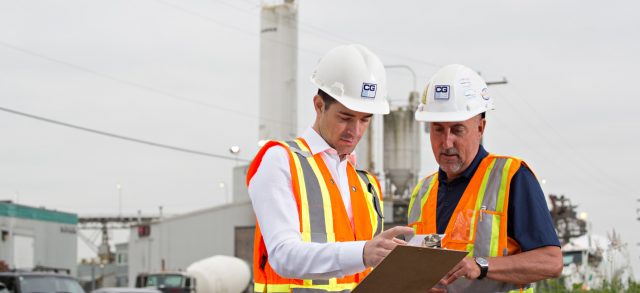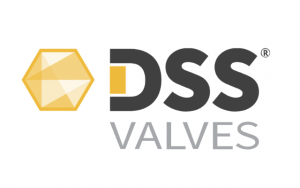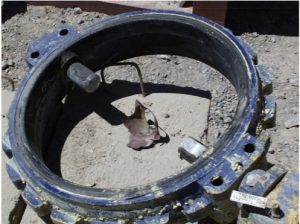Author: CGIS (CG Industrial Specialties)
Differentiating Severe Service Valves from General Purpose Valves
A simple explanation or definition of a SSV is a valve that survives in the application for a defined duration performing a basic function (isolation or control) up and until the agreed duration is reached. Those valves that cannot demonstrate this performance level are general purpose valves (GPVs).
As indicated earlier, isolation valves have a more challenging definition than control valves. We have noted that severe services are identified by applications. If the process is such that the temperature, pressure, velocity, abrasiveness, corrosiveness or combination of these, challenges the valve’s ability to maintain a basic performance level then a valve that succeeds in the application is an SSV.
SSVs are important because the consequence of a failure or degradation of performance will have a higher negative impact on the process within which it is operating than GPVs. It may be a surprise to most that not all isolation valves isolate to the same ability or tightness, nor do all types of isolation valves have similar or even close performance abilities. Tightness is relative and often misunderstood; our industry has done a poor job of being transparent and objective.
It is important to understand that not all isolation valves need to be perfect in the duty; the application will always dictate what is actually required and there will be applications where some through leakage is unimportant, while others it will be critical. In this article we will try and shed some light on both ends of the spectrum.
As we have stated, SSVs can be used in nearly every process and industry, but they are essential in a few. The Chemical industry has a large number of them and we shall examine some. For our purposes, while everything is a chemical, we will use examples dealing with chemicals that if their containment is lost, can lead to damages to personal health, property and equipment. A good example is hydrochloric acid.
This chemical is corrosive; it will literally dissolve metals into solution, and if the integrity of the containment of the hydrochloric acid is lost, then the acid may be free to play havoc with unprepared people, equipment and ancillary processes. Corrosion is one of the key elements in the determination of SSVs; an SSV’s resistance to corrosion is often paramount.





Comments